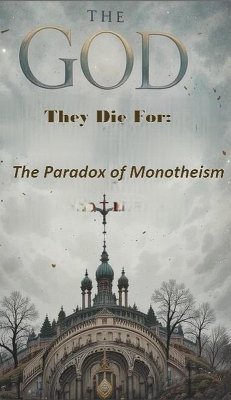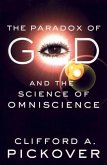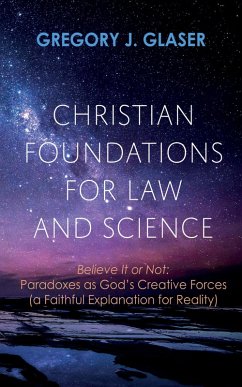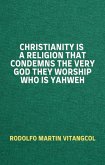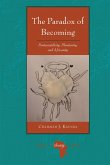Through five key themes-conscience and speech, blasphemy and heresy, divine silence, protest, and theological reform-the book interrogates how sacred texts and religious institutions have used God to legitimize power rather than compassion. It draws stark contrasts between prophets who were empowered by divine confirmation and those whose authority was claimed but never tested. From Abraham's trust, to Moses' signs, to Jesus' miracles witnessed by thousands-each calling is authenticated. But the silence around Muhammad's claim, the absence of public signs, and the demand for unquestioned belief raise troubling questions that monotheism has yet to fully address.
Yet this is not a work of destruction. It is a work of ethical reclamation. The book dismantles, not to discard faith, but to expose what is false so that what is holy might stand. It calls readers to a conscientious theology-one where God is not used to justify cruelty but to demand justice; not to suppress conscience, but to awaken it.
This is a book for the doubter who still believes, the believer who dares to question, and anyone who has ever stood at the altar of fear and whispered, "Is this who God is?" Let the voice rise. Let the questions come. Let theology be sacred again-not because it controls, but because it sets us free.
Dieser Download kann aus rechtlichen Gründen nur mit Rechnungsadresse in A, B, CY, CZ, D, DK, EW, E, FIN, F, GR, H, IRL, I, LT, L, LR, M, NL, PL, P, R, S, SLO, SK ausgeliefert werden.

